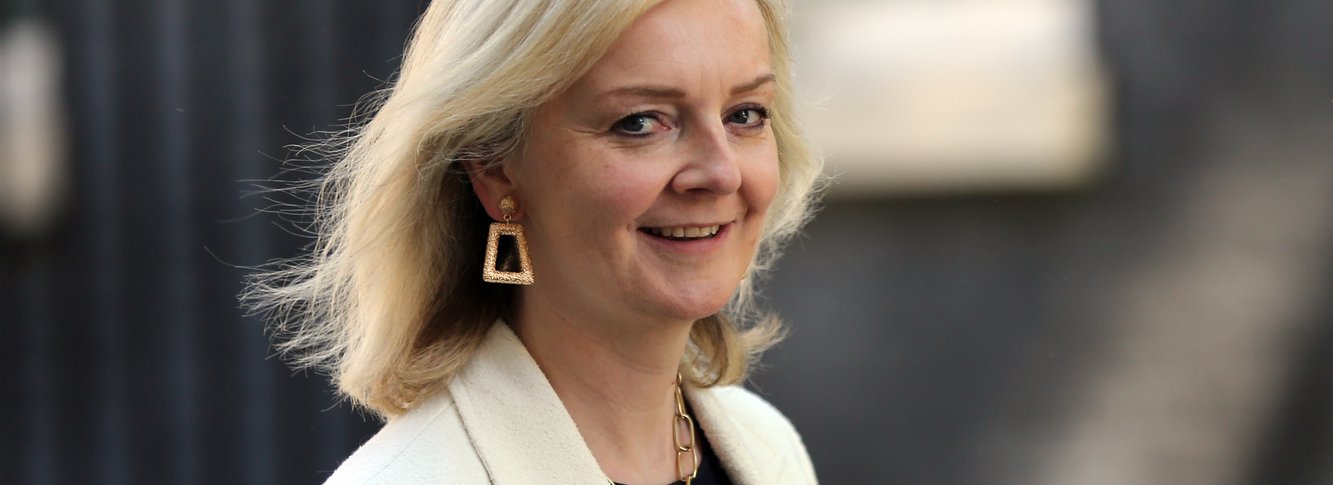| 5 mins read
In recent years it has been unusual to encounter a single book on British politics whose title offers the hope of a happy ending. Thanks to the Conservative Party and some well-informed journalists, two of these rare bibliographical blessings appeared almost simultaneously towards the end of 2022. They are tales of incompetence and over-promotion, whose subjects exhibited sharply contrasting political styles—an amoral, shape-shifting populist in one case; an inflexible, semi-articulate free market fanatic in the other.
Prepared for the printers with commendable speed, both books contain useful quotations, though they cannot be acclaimed as anything more than ‘the first drafts of history’. The absence of analytical depth could reflect the fact that the various authors are all marginally implicated in the sorry stories they relate, either as supporters of the Conservative Party or writers for cheer-leading publications. As such, they have a professional interest in shirking questions which might occur to more objective observers.
For example, the traumatic impact of Brexit on British politics in general, and on the Conservative Party in particular, is implied rather than emphasised and explored, even though it is unlikely that either Johnson or Truss would ever have become prime minister if the referendum result had been different.
The authors virtually ignore political personalities and developments outside the highest echelons of ‘the natural party of misgovernment’ and its unelected auxiliaries. In place of analysis, the authors opt for assumptions that are occasionally tenuous. Payne begins his account of Johnson's downfall on ‘a cold November evening’ in 2021. At the time, Payne asserts, Johnson was at the top of his game. Yet, in the real world outside clubland, only a quarter of the British public thought that Johnson was equal to the job of prime minister.
Payne's opening scenario remains plausible to the extent that, if the Conservative Party had been led by an individual equipped with passable political and personal judgement, its situation in November 2021 should not have been irretrievable. The same opinion polls suggested that Johnson had not, as yet, hauled his party's poll ratings down to his own execrable level, and Sir Keir Starmer was struggling to win acknowledgement even as the lesser of two evils.
In short, on the eve of self-inflicted disaster Johnson was an impending electoral liability, with obvious potential to ‘toxify the brand’ as well as himself.
Payne attributes his most egregious miscalculations to the inadequate advice he received. He is equally unconvincing when he implies that the Cabinet played a decisive part in Johnson's downfall.
The insuperable difficulty, of course, was not the attitude of the Cabinet, but rather the sudden impulse of almost every junior minister to return to the backbenches, which few of them should ever have left.
To Liz Truss's admirers, the unexpected vacancy of July 2022 offered a chance to avenge 1990 and restore the spirit of Thatcher to Downing Street. But the second Thatcherite tenancy proved more truncated than the first. If the Conservative Party had resorted to Johnson out of electoral desperation, the choice of Truss was the product of collective self-deception. The leadership campaign should have explained to grassroots party members why her ministerial career had consisted of short-lived assignments, shunting her from one department to another while generating mixed reviews, meagre achievements and numerous Instagram posts. She could, perhaps, be forgiven for having been a Liberal Democrat who wanted to abolish the monarchy, but much more recently she had committed the unpardonable crime of supporting Remain.
Nevertheless, the rank-and-file could not liberate themselves from the pre-programmed idea that she was the rightful winner—because her opponent had betrayed ‘Boris’.
For all their unavoidable limitations, these ‘instant histories’ are heartily recommended to serious observers of contemporary British politics, especially those who dislike the Conservative Party. A further feature of the books, which the authors record without critical comment, is the prominent role played by ‘special’ advisers, either as commentators or participants in events. The general impression is that the fortunes of a government now depend crucially on the calibre of such individuals. The evidence presented here suggests that, since Brexit at least, the main activity of special advisers has been to plot and gossip on behalf of their elected employers. To be fair, though, the Covid carousals of Downing Street denizens played an important part in the process which forced Johnson out of office, and for that service they deserve a modicum of national gratitude.
The Fall of Boris Johnson: The Full Story, by Sebastian Payne, is published by Macmillan. 275 pp. £22.
Out of the Blue: The Inside Story of the Unexpected Rise and Rapid Fall of Liz Truss, by Harry Cole and James Heale, is published by HarperCollins. 324 pp. £20.
Need help using Wiley? Click here for help using Wiley







